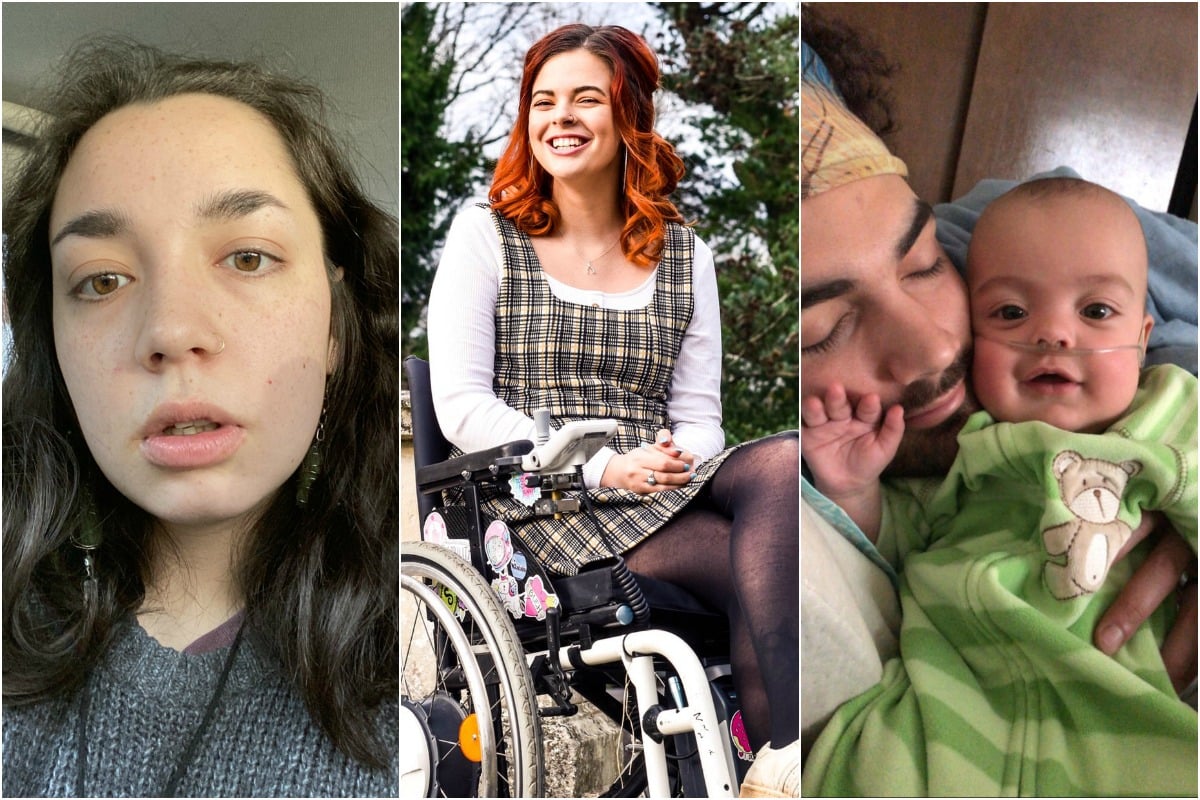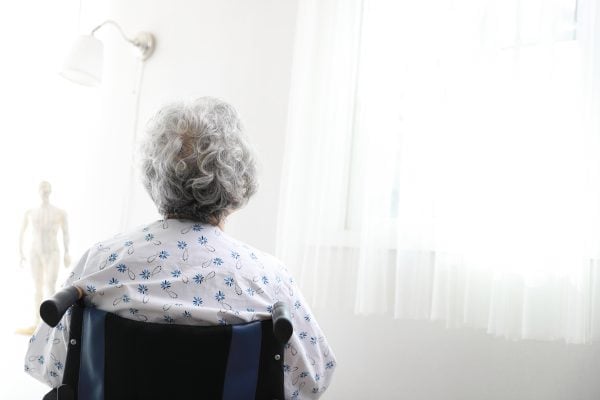
Feature Image: Twitter @gariamray/@cr0nicallycute/@cymaticbirds
Right now, Australia has a responsibility to protect the portion of our community most at risk of death from COVID-19.
Over the weekend, the deaths of two elderly women brought our country’s death toll from the fast moving virus to five, with more than 300 infected.
We’ve been told by the World Health Organisation, 80 per cent of those who contract the Novel coronavirus, will only experience mild symptoms.
But for the remaining 20 per cent, the consequences could be severe.
WATCH: Mamamia’s Claire Murphy breaks down your most asked questions about COVID-19. Post continues below.
According to data from China’s national health commission, the vast majority of deaths in their country – aka COVID-19 ground zero – were in people aged over 60, and 75 per cent of people who died had pre-existing health conditions.
Australian GP Dr Brad McKay says while our numbers are relatively small right now, the medical community is expecting “20 per cent of the Australian population will be infected by the virus in the first wave”.


Top Comments
Heart disease and high blood pressure are also big risk factors, as is obesity.
After listening to a few experts, obesity is worrying me as the virus moves deeper into the USA and Australia. We have big rates of obesity, with it affecting around 1/3 of adults.
My personal belief is that smoking is one of the biggest risk factor in mortality rates. Both China and Italy have high-ish rates of smoking, sitting between 23-30%. Australia and USA are at 15%.
I know i'm not the first to suggest that, but there isn't enough info on it yet.